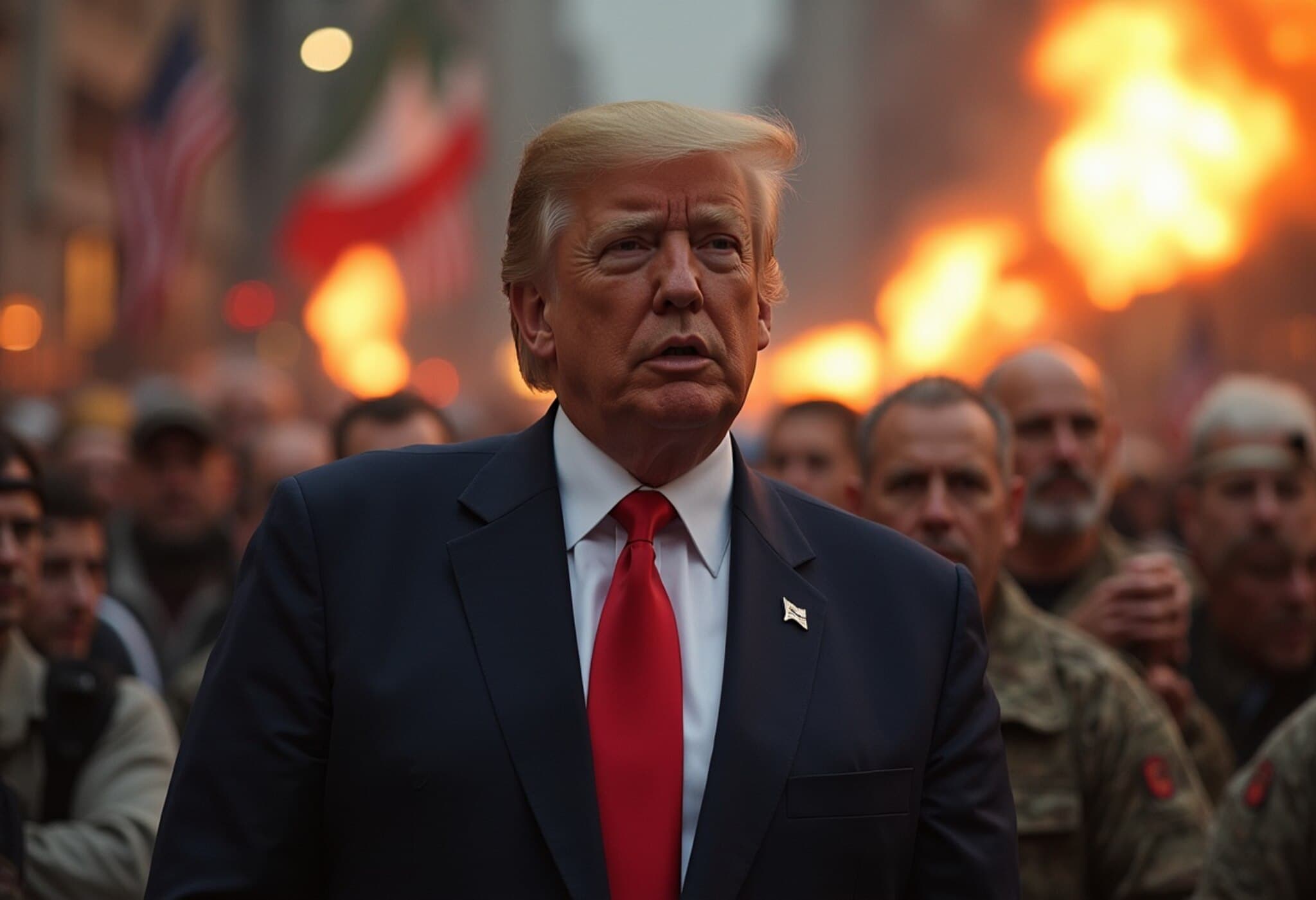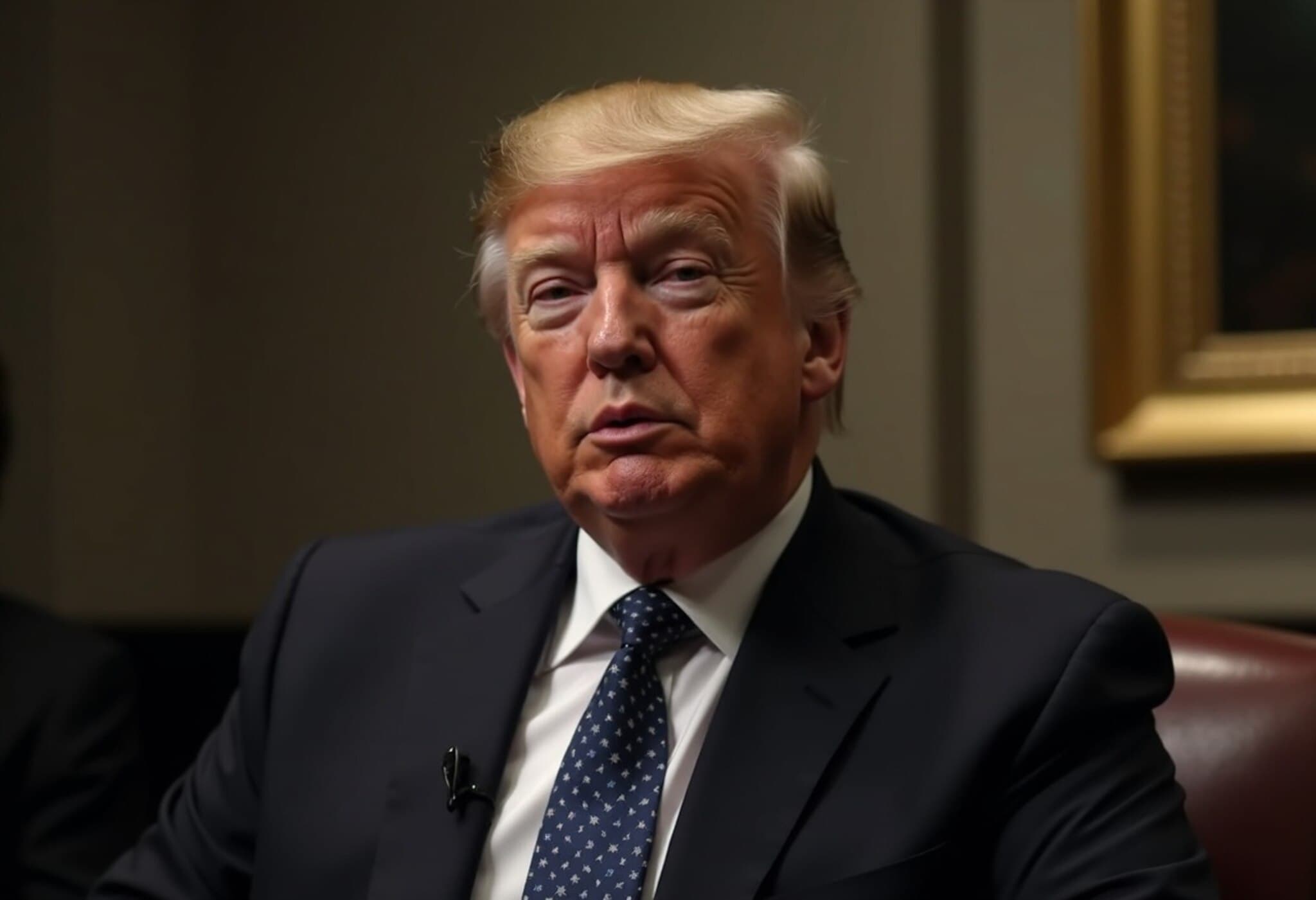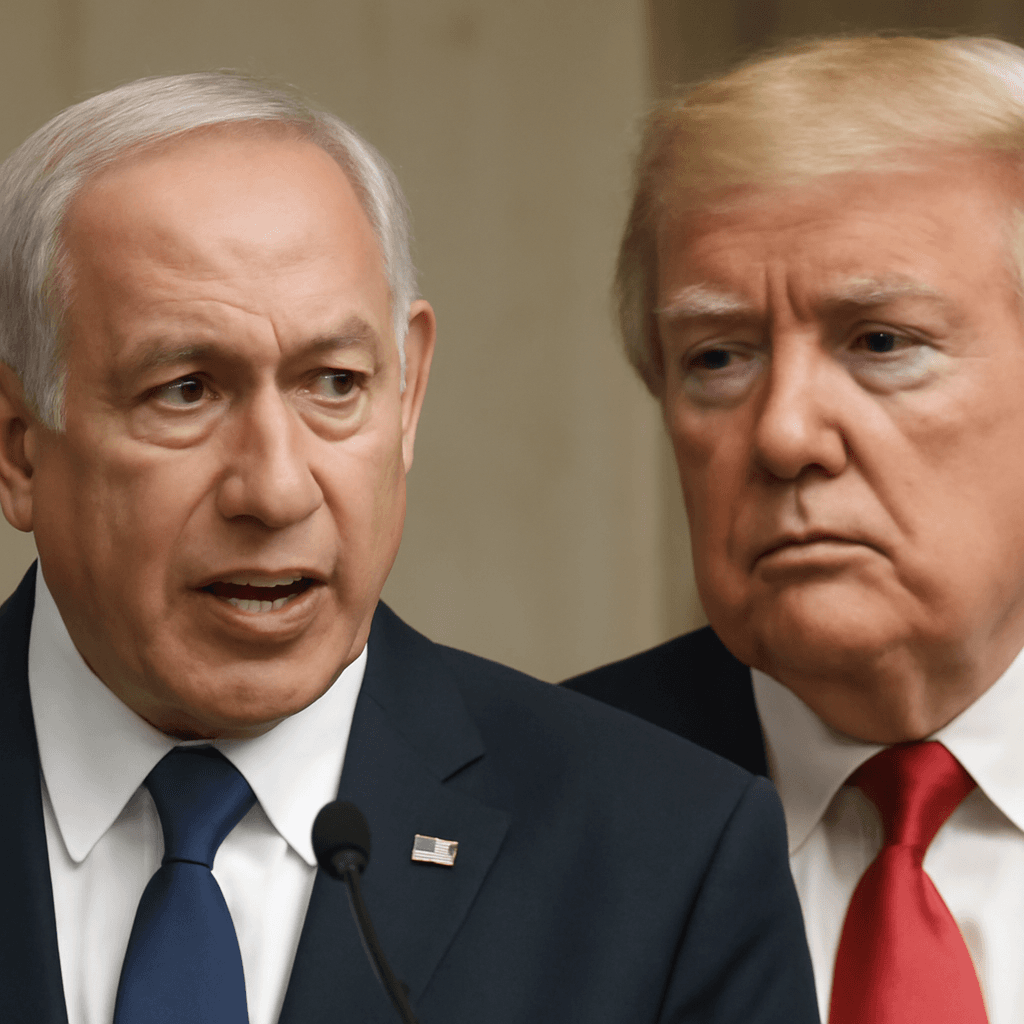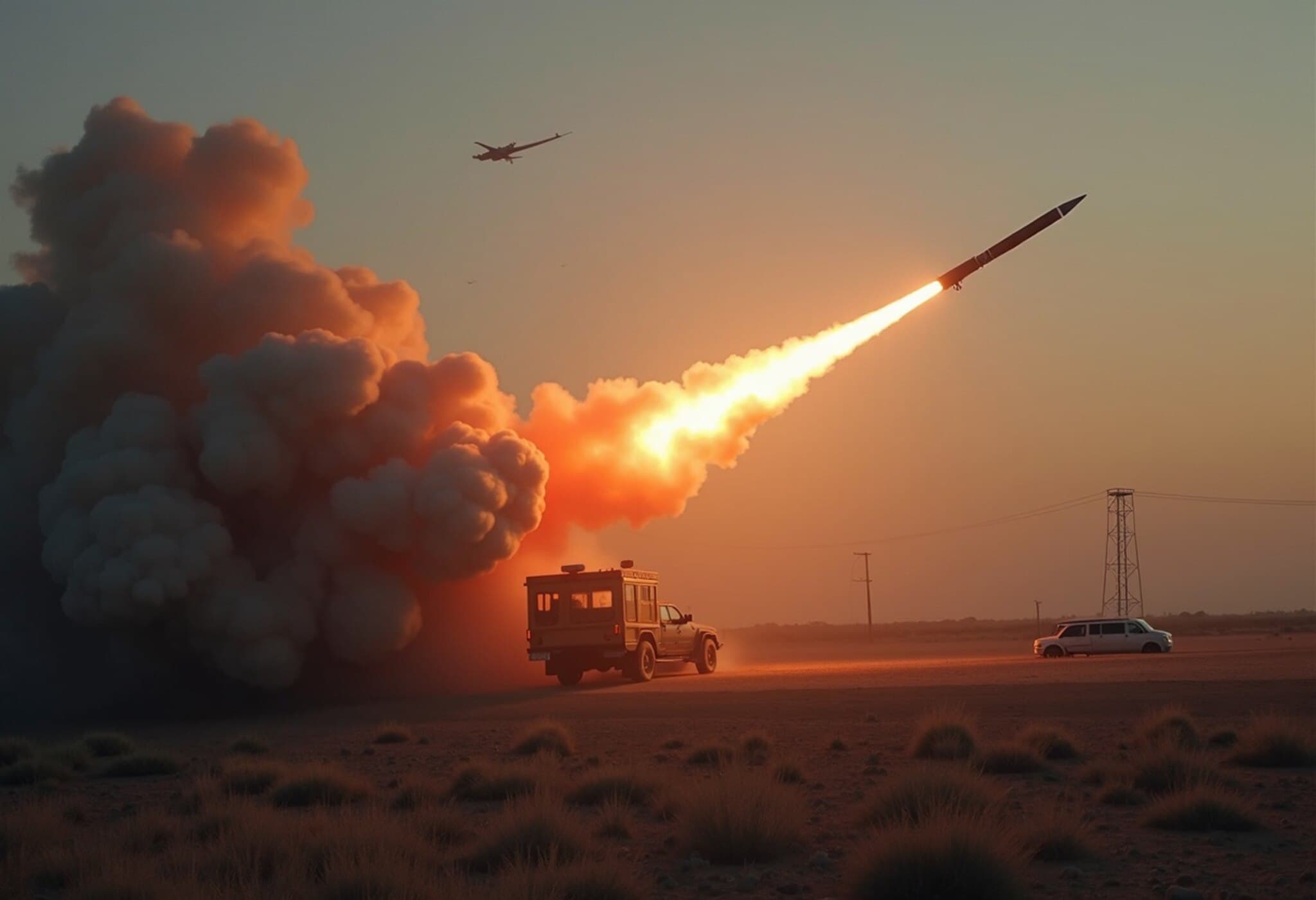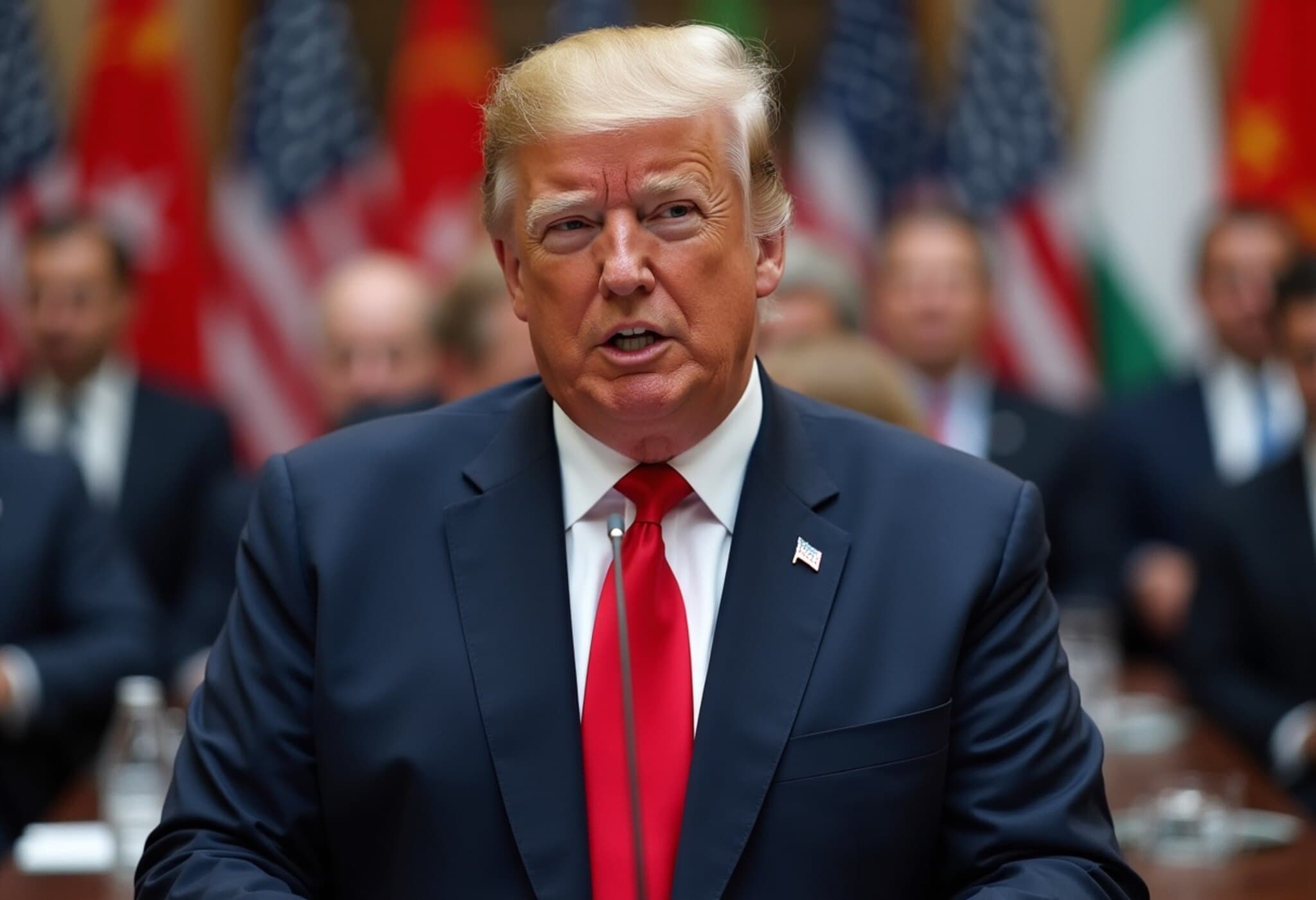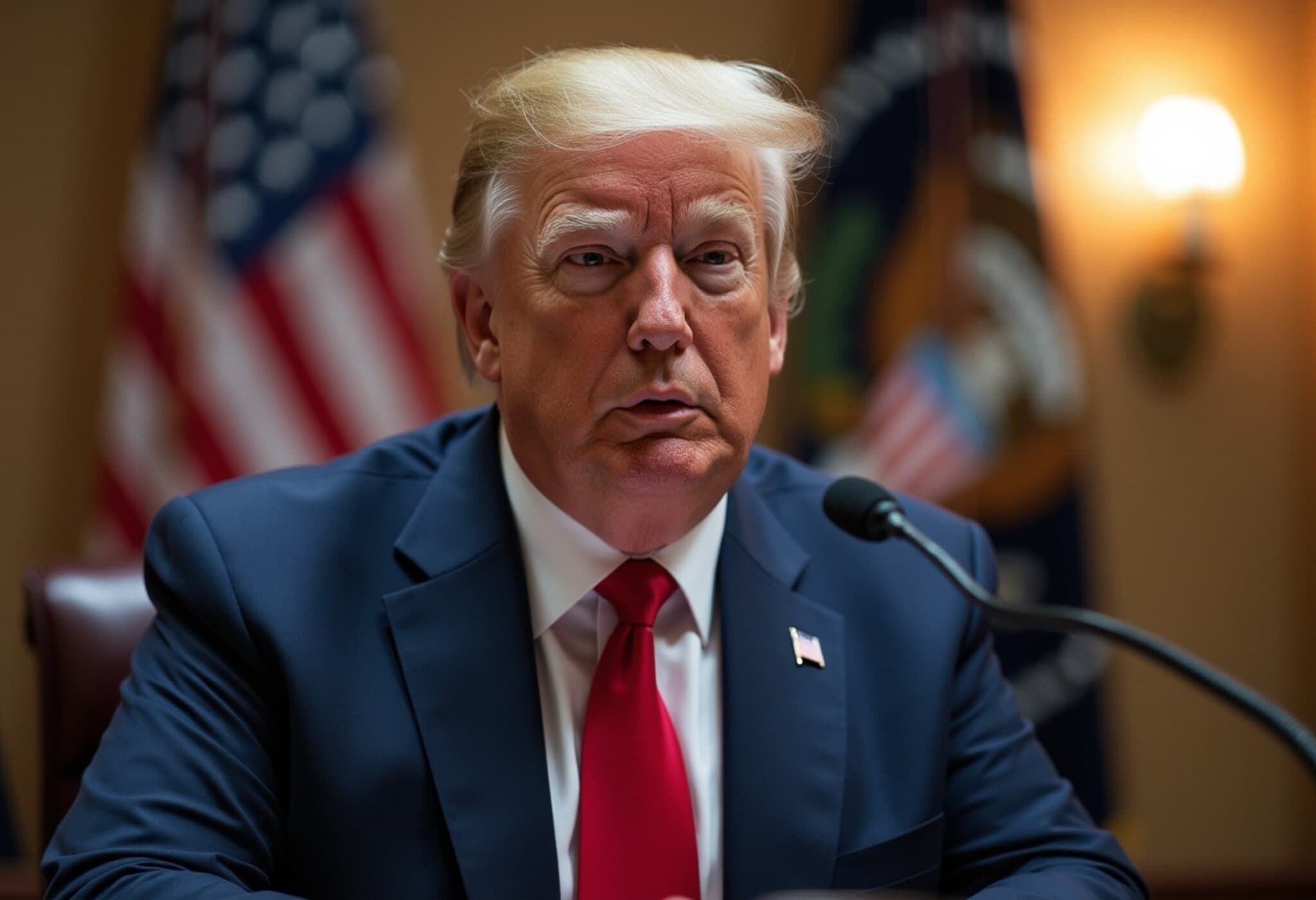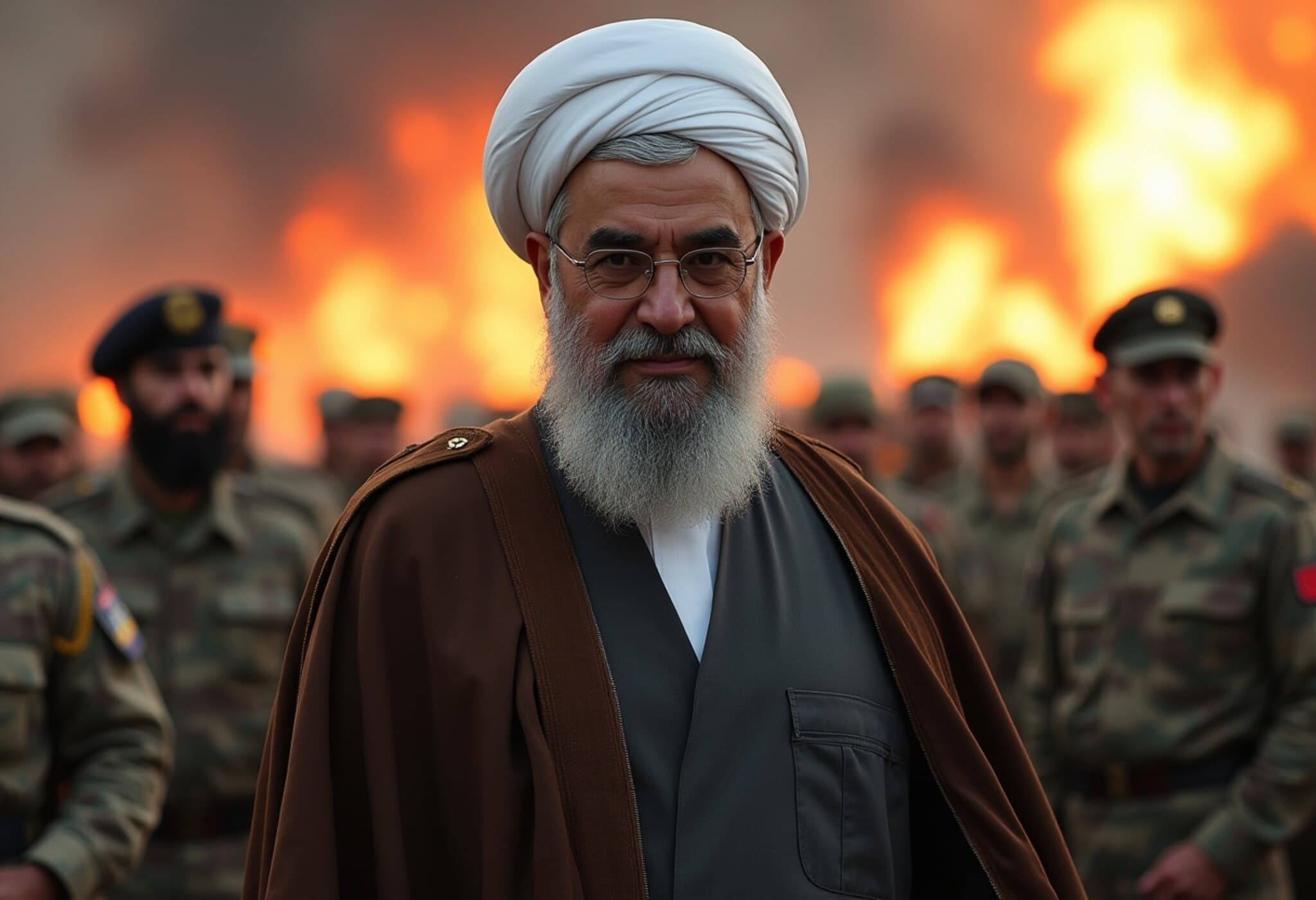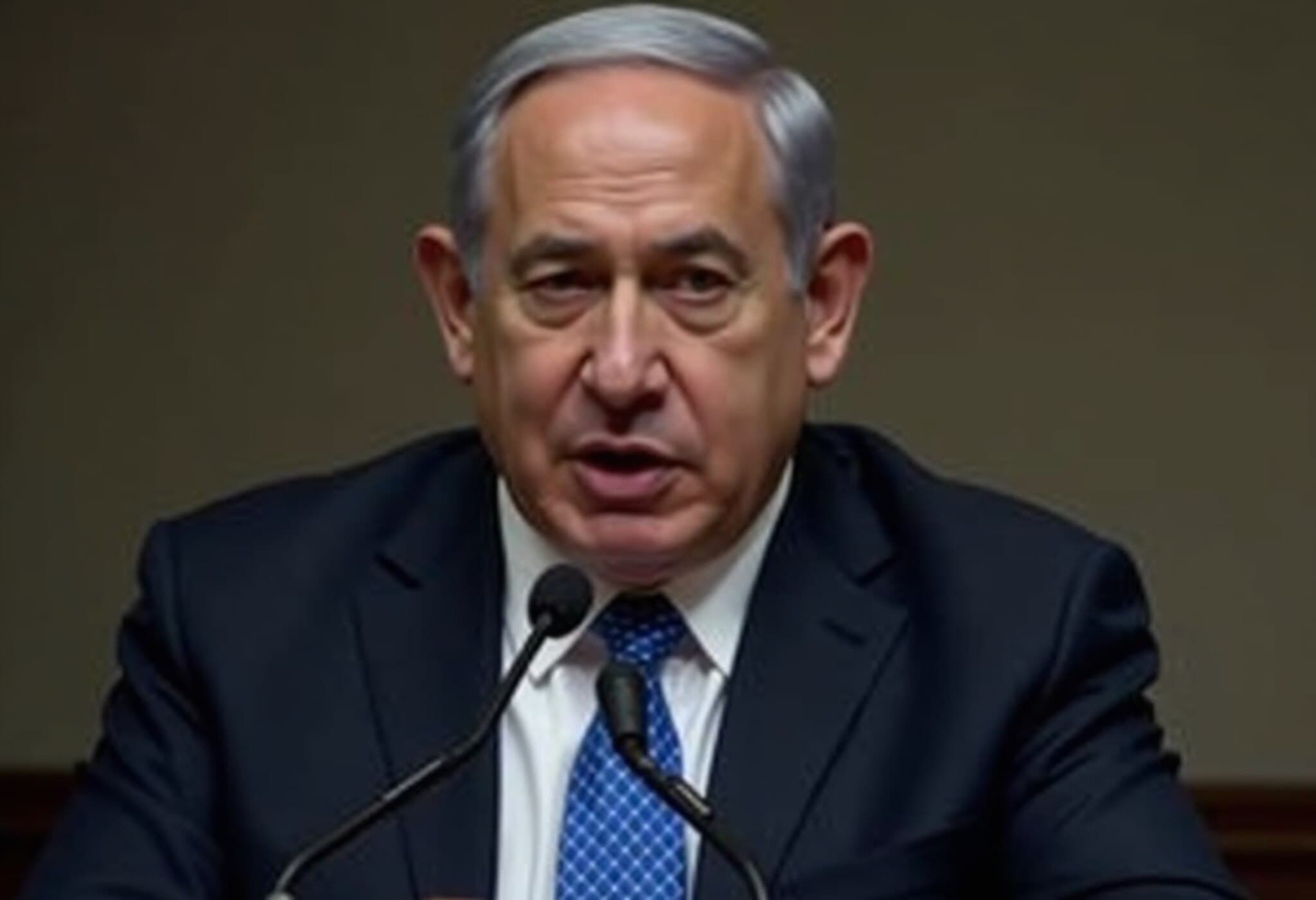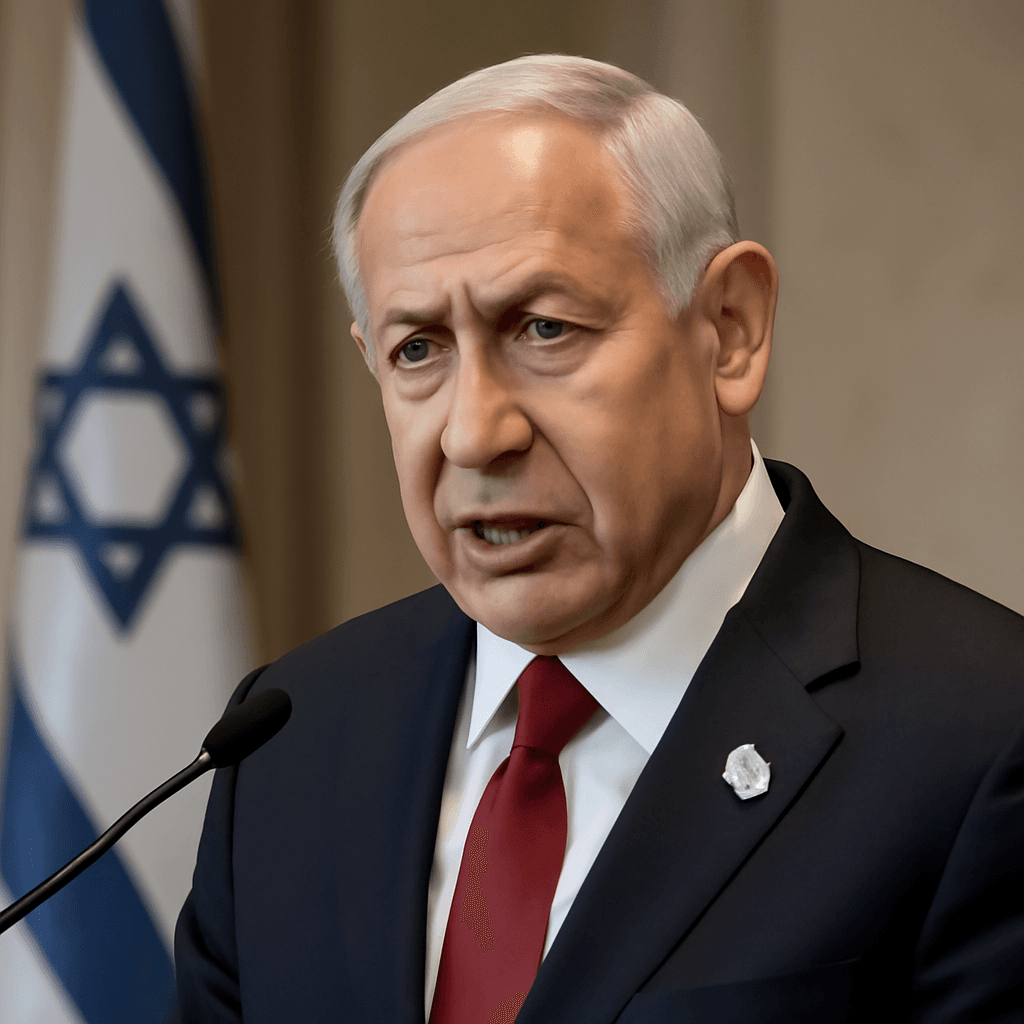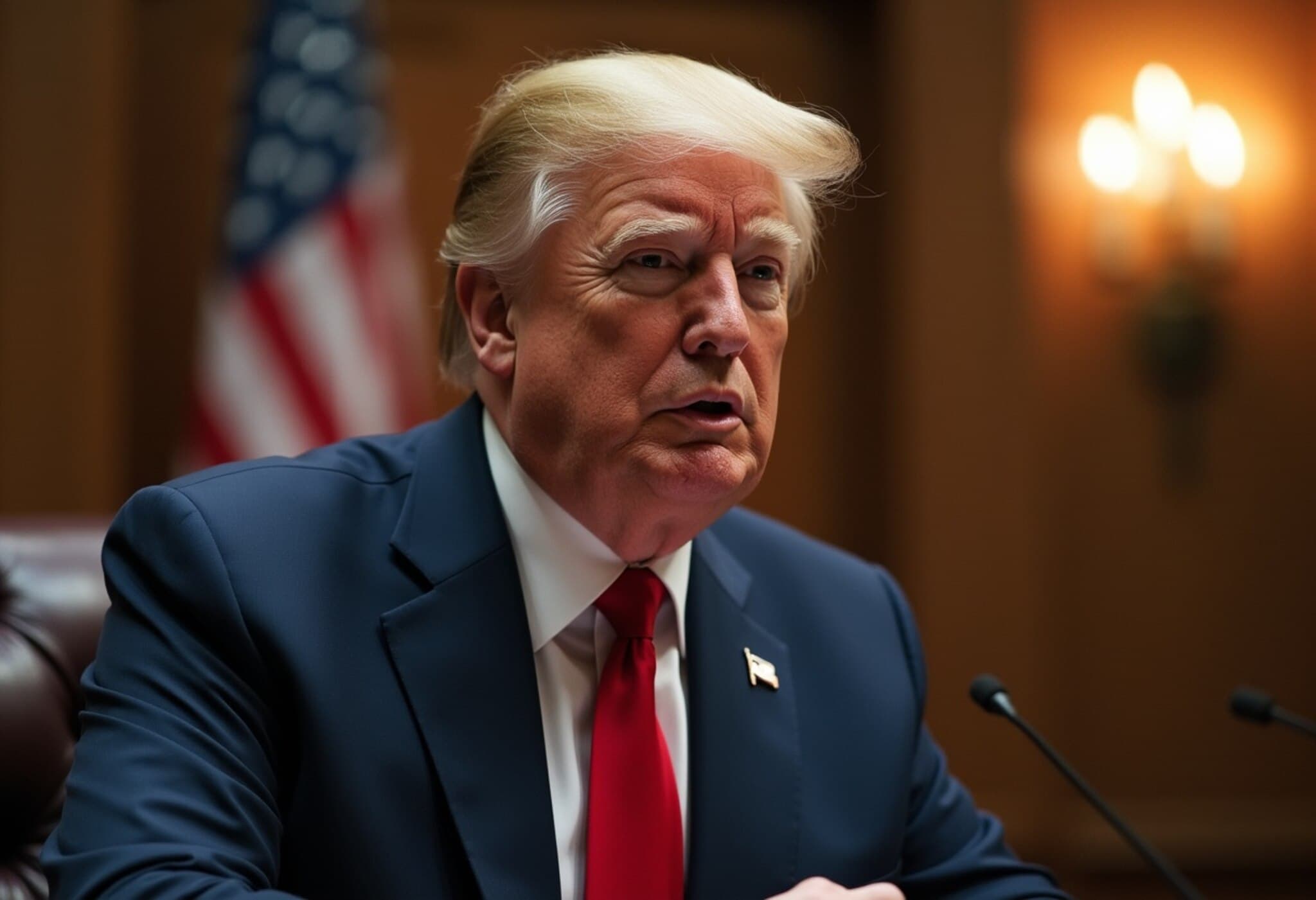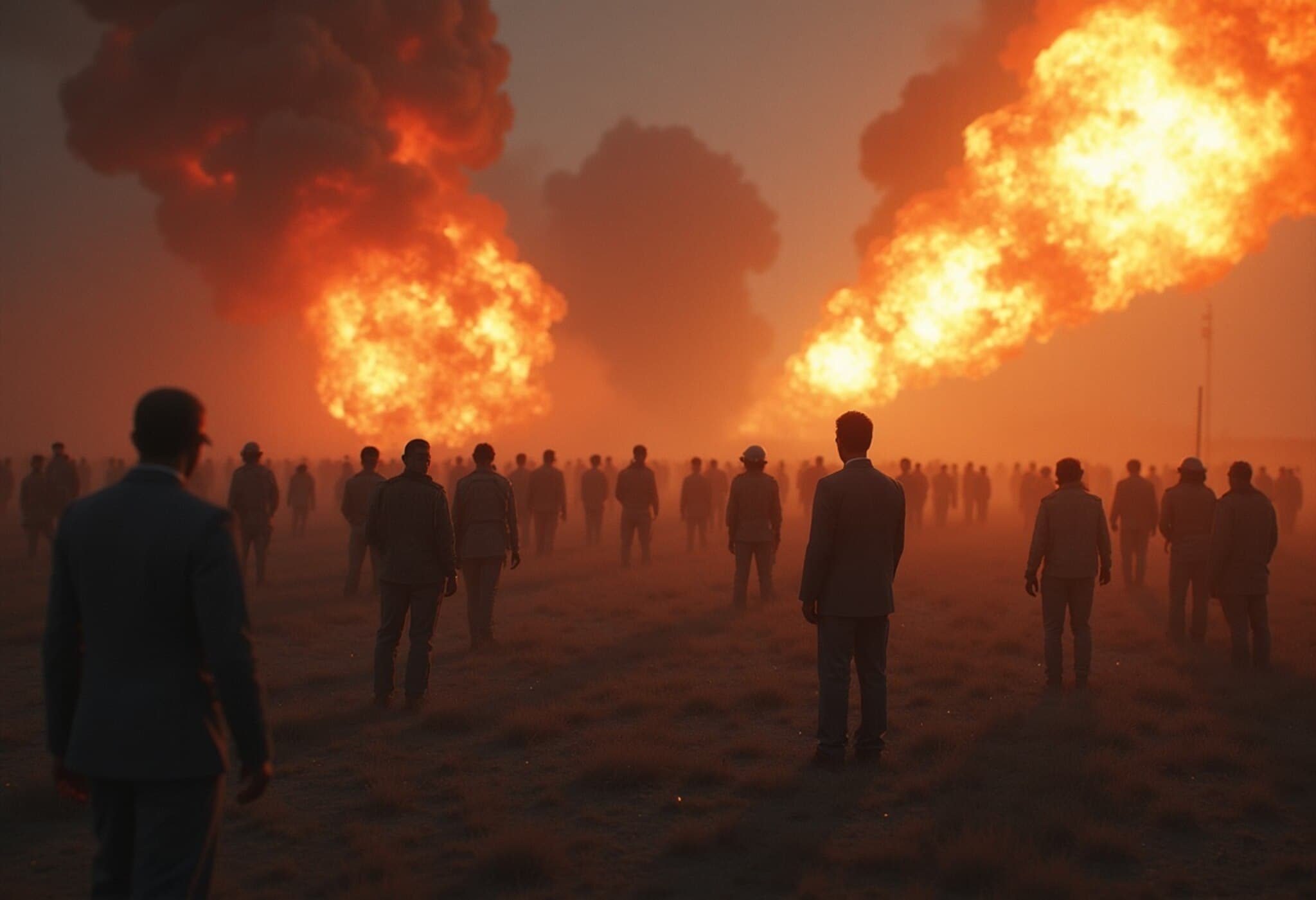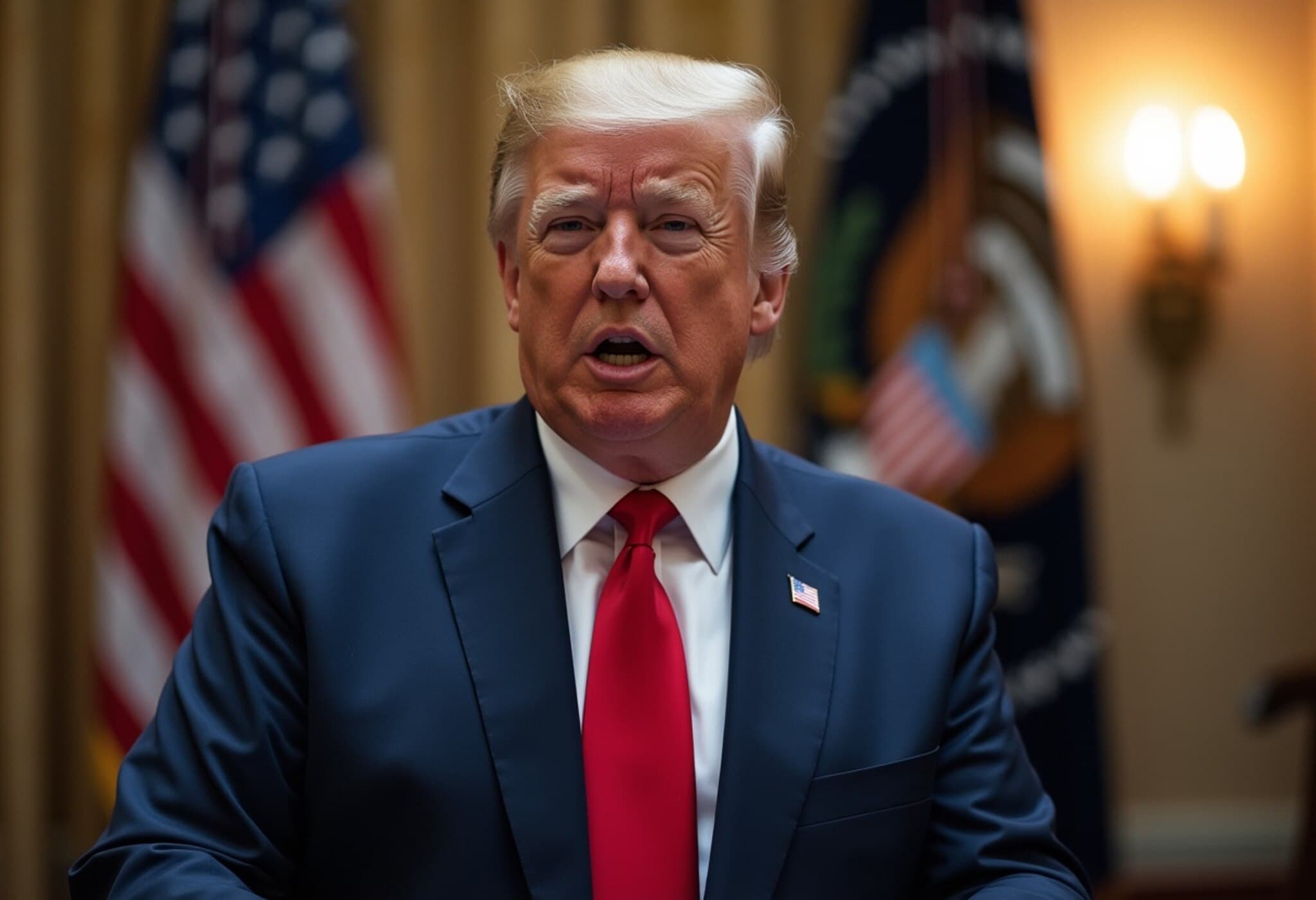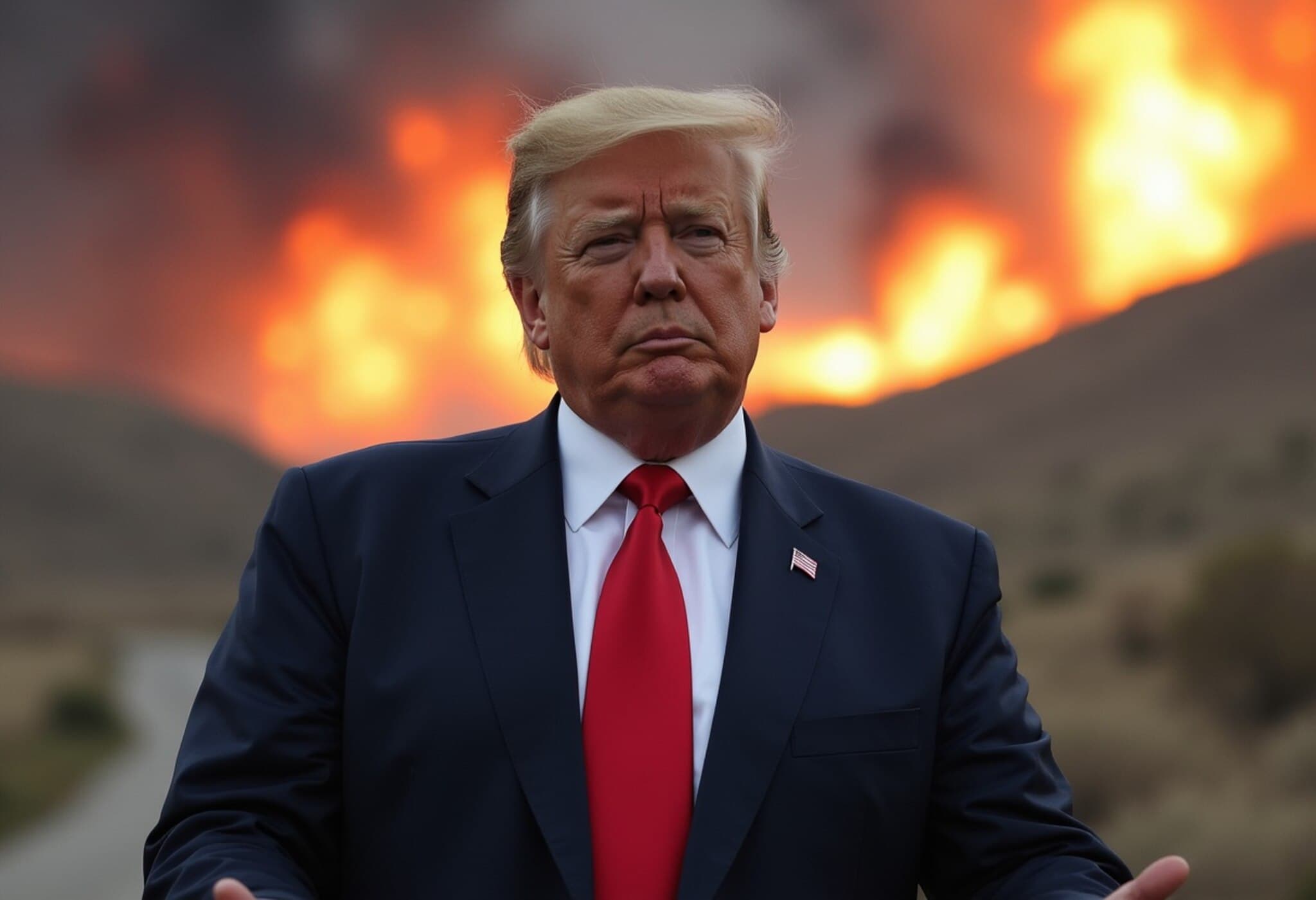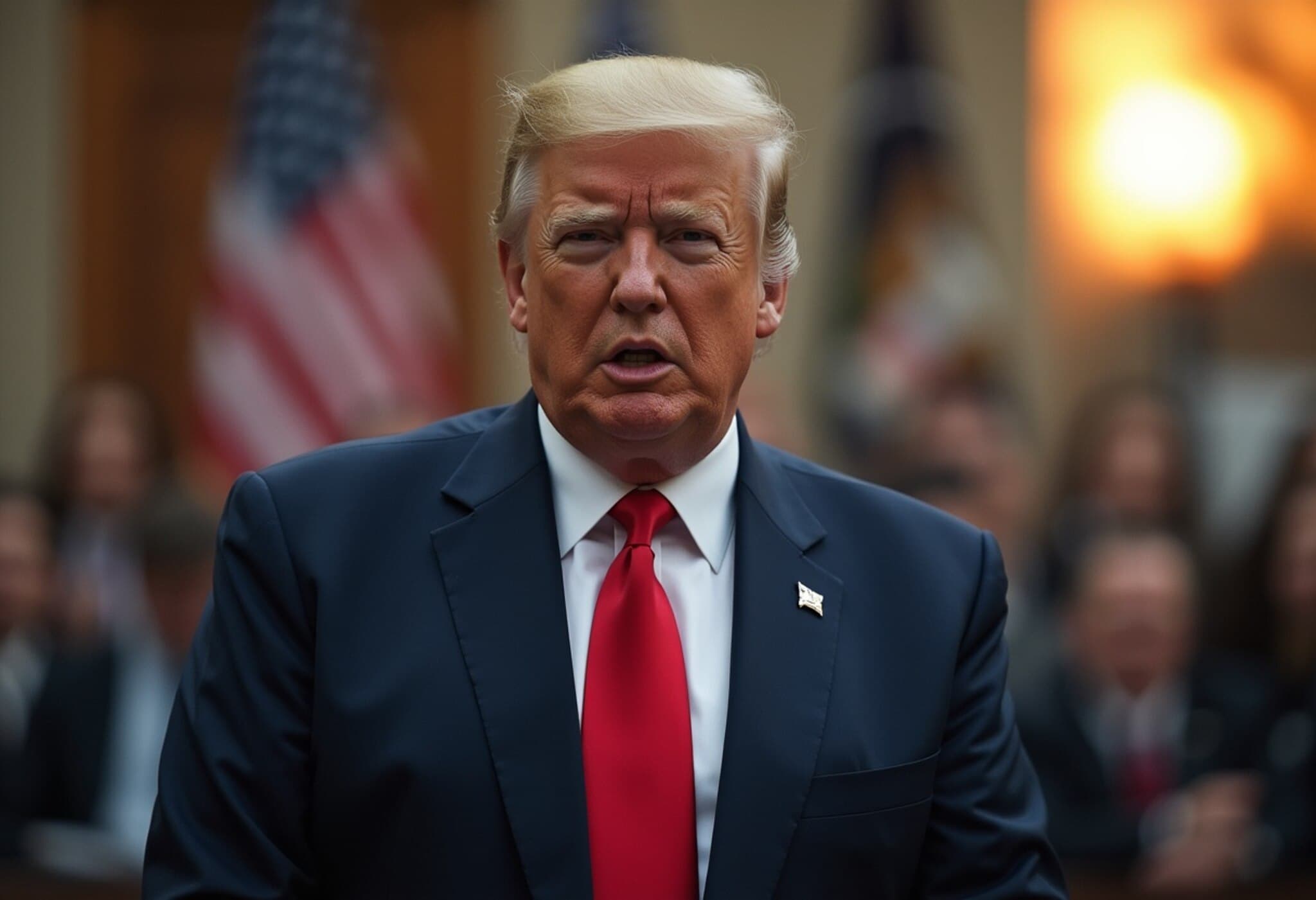Trump Leaves Door Open for Striking Iran
President Donald Trump signaled ambiguity over the United States' role in potential strikes on Iran, saying, "I may do it, I may not do it", in response to escalating tensions between Tehran and Israel. His comments came hours after Iran's Supreme Leader Ayatollah Ali Khamenei vowed that Iran would "never surrender."
Escalating Rhetoric Between US and Iran
Addressing reporters on the White House South Lawn, Trump kept his options open regarding direct U.S. involvement in Israel’s military operations against Iran's nuclear ambitions. When asked about joining Israel’s offensive, he stated firmly, "Nobody knows what I'm going to do."
This comes shortly after Khamenei responded defiantly to Trump's demand for Iran’s unconditional surrender, asserting, "The Iranian nation isn't frightened by such threats." The Supreme Leader criticized U.S. rhetoric as "absurd" and warned of irreversible consequences should the U.S. interfere further.
Trump's Warning and Restraint
Earlier in the week, Trump remarked, "We know where he [Khamenei] is hiding. He is an easy target, but is safe there." Despite the tough talk, the president clarified there are no immediate plans to eliminate the Iranian leader, emphasizing a desire to avoid missile attacks on civilians or American troops. However, he admitted that his "patience is wearing thin."
Israel and US Collaboration Against Iran’s Nuclear Threat
Israel is coordinating closely with the United States amid ongoing efforts to neutralize Iran's nuclear program. Both nations, along with G7 allies, insist that Tehran must not acquire nuclear weapons under any circumstance.
While Israel has already destroyed several uranium-enrichment facilities, others remain hidden in deep underground bunkers and mountainous caves, posing considerable challenges.
The Role of the Massive Ordnance Penetrator (MOP)
To target these fortified installations, Israel reportedly requires a unique weapon possessed solely by the U.S.: the Massive Ordnance Penetrator (MOP), also called the GBU-57A/B or 'Bunker Buster.' This is the U.S. military’s most powerful conventional bomb.
- Weighing nearly 14,000 kg, the MOP is specifically designed to penetrate reinforced concrete and rock.
- It carries an explosive payload of around 2,400 kg.
- Equipped with a delayed-action detonation, it explodes deep within a target, maximizing internal destruction.
- Developed by Boeing, its high-strength steel casing allows it to break through even the most hardened underground bunkers.
This weapon could prove decisive in halting Iran’s nuclear advancements if deployed.
High Stakes and an Uncertain Future
The exchanges between the US, Iran, and Israel highlight a precarious moment in international relations. With Trump's vague stance and Iran's resolute defiance, the possibility of armed conflict looms large. The coming days will be critical in determining whether diplomacy or military action shapes the region’s future.

